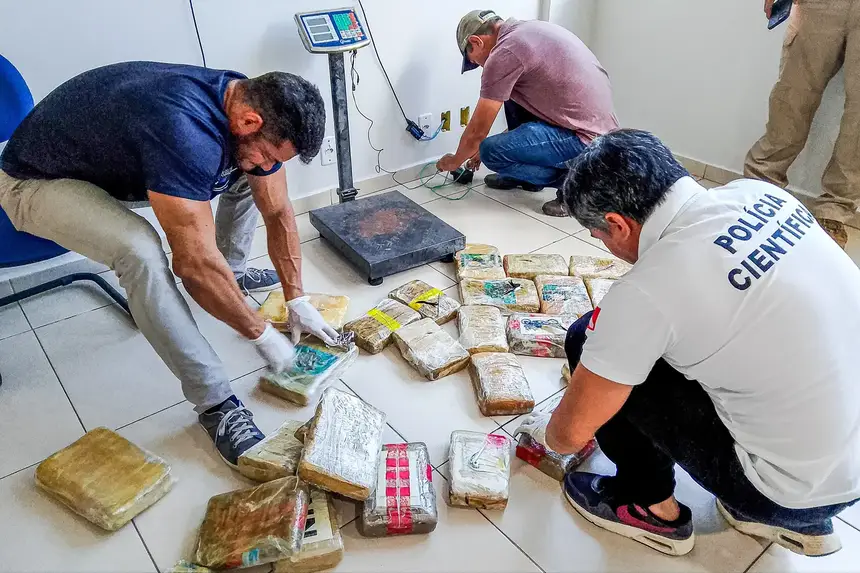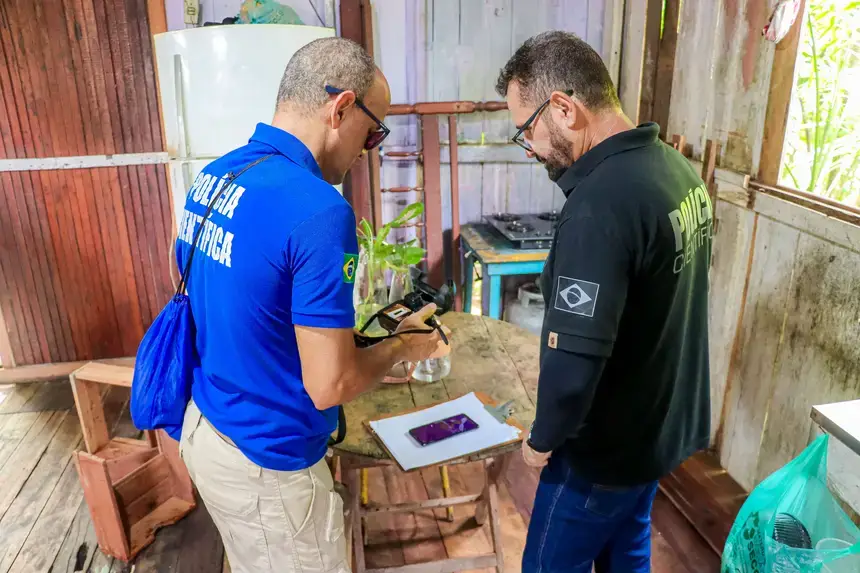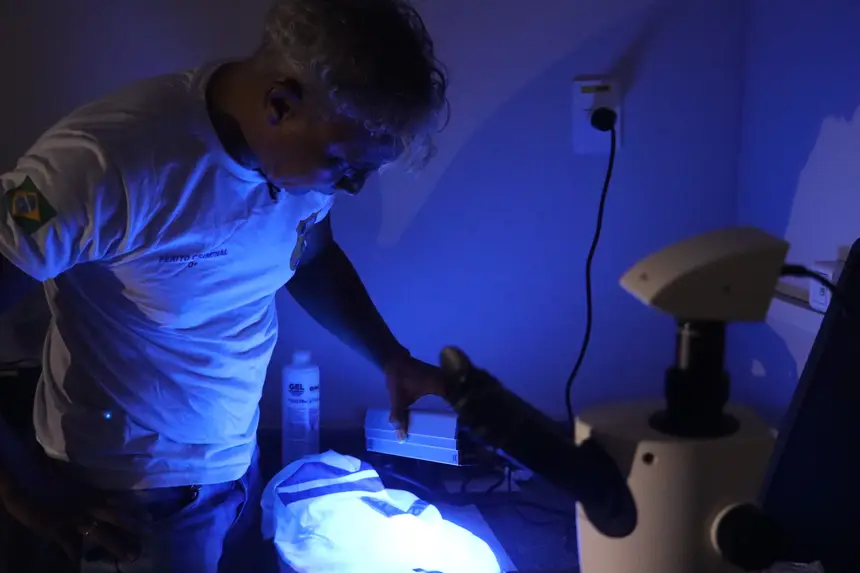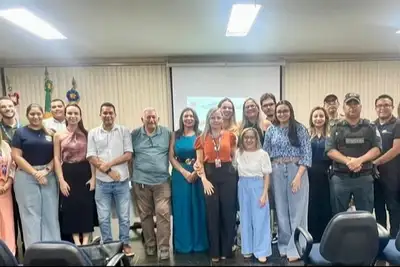Forensic Police conducts over 34,700 examinations in the first half of 2025
The number of forensic requests falls by 6.25%, a figure that corroborates the crime reduction indices

The Forensic Police of Pará (PCEPA) concluded the balance of the first half of 2025 positively with 34,797 examinations conducted and a reduction in the registration of forensic requests, a figure that corroborates the crime reduction indices released by the State Secretariat of Public Security and Social Defense of Pará. Trauma examinations lead the ranking of requests.
Between January and June, PCEPA received a total of 34,806 requests for examinations. The number of examinations conducted reached 34,797, including remaining examinations from previous years, and 34,636 reports were finalized and already sent to the police authorities conducting the investigations. These numbers indicate a reduction of 6.25% in forensic requests compared to the same period in 2024, a figure that corroborates the crime reduction indices released by the State Secretariat of Public Security and Social Defense of Pará.
Forensic examinations are of great importance for the preparation of reports, which are often the only evidence for a victim to hold the perpetrator accountable, receiving the long-awaited justice. “Knowing that the Forensic Police has positively fulfilled its role and that we are managing to meet the demands of other forces quickly is a great pride for all of us, forensic experts, medical examiners, staff, and collaborators of PCEPA,” declares Celso Mascarenhas, criminal expert and general director of the Forensic Police.
The headquarters of PCEPA in Belém ranked first in the number of requests and examinations conducted. The Regional Units of Castanhal and Marabá ranked second and third, respectively. Santarém came in fourth with a slight difference from Marabá.

Regarding the types of examinations most requested in this first half, trauma examinations ranked first, which include examinations on living persons, such as bodily injury and examinations of prisoners in custody transfer, with a total of 12,241 requests. In second place were forensic chemistry examinations, which include drug abuse analysis, analysis of food and beverages, analysis of medications, hydrocarbon research, and pesticide (poison) research, with a total of 5,413 requests. And in third place, vehicle examinations had 4,251 requests.
"The data from the first half not only show the effort of the forensic teams to provide an efficient service but also the importance of basing strategic decisions on concrete information, ensuring more agility and quality in the responses that the Forensic Police offers to society and the justice system. The analysis of productivity is an essential tool for the continuous improvement of our services," emphasizes criminal expert and forensic intelligence coordinator, Mário Guzzo.
The coordinator further explains that systematically monitoring the volume of requests, examinations conducted, and reports delivered allows for the identification of bottlenecks, better planning of resources, and promoting more efficient management based on evidence.













